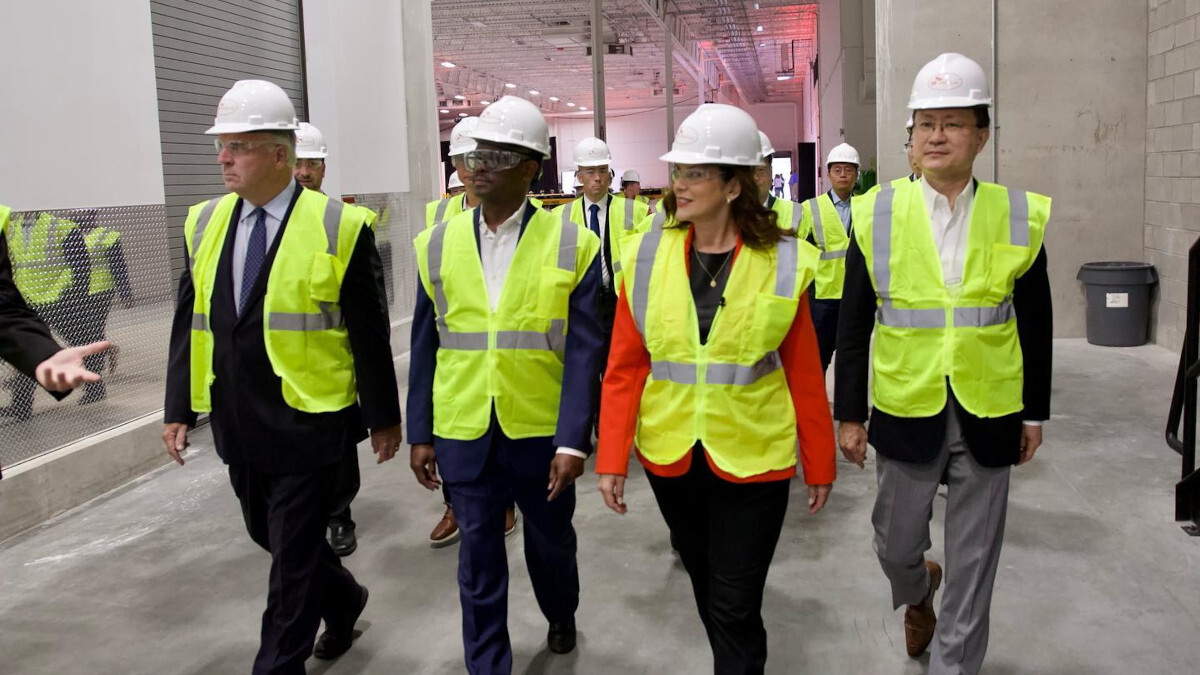An Auburn-based semiconductor wafer manufacturer has chosen Bay City for a $300 million project over several other states.
SK Siltron chose Michigan to strengthen the supply chain due to Michigan Gov. Gretchen Whitmer’s efforts, a news release states.
“SK Siltron CSS is thrilled to expand our presence in Michigan and reinforce our commitment to the entire Bay City community while creating high-paying jobs and new investment opportunities,” Jianwei Dong, CEO of SK Siltron, said in the release. “The exceptional people of Bay City and our strong local partners are the reason we were able to expand so aggressively in the area. The support we have received is truly unmatched. This significant investment in Bay City will further boost the confidence levels of not only our customers but also the entire electric vehicle value chain to accelerate the pace of EV adoption.”
The project is expected to bring 150 well-paying jobs to the area and contribute to the state’s status within the high-tech semiconductor supply chain.
“SK Siltron’s commitment to Michigan will help us bring the semiconductor supply chain home, cut down shortages and delays, and create good-paying jobs for Michiganders in Bay City,” Whitmer said. “The products SK Siltron manufactures are the building blocks of countless products and industries: electric vehicles, solar panels, smartphones and so much more— we cannot let China dominate this market.”
“This new manufacturing facility will create good-paying jobs in mid-Michigan and boost American manufacturing,” U.S. Rep. Dan Kildee, who represents Michigan's 5th Congressional District, said. “With new laws like the CHIPS and Science Act, we’re bringing back manufacturing jobs to Michigan, fixing supply chains and helping to lower costs for Michigan families. Making wafers and semiconductors here in Michigan will decrease our reliance on foreign-made goods and support good-paying jobs. Michigan has the best workers in the world, and I applaud SK Siltron for expanding their commitment to our community.”
Other sites in consideration were Texas, North Carolina, South Carolina, Georgia and Tennessee, with Michigan being chosen due to its viable auto industry.

